In celebration of 20 years of UCHI and as part of our ongoing You Should… series, we’ve asked former fellows and other friends of the Institute to recommend something related to their work or process. Read them all here.
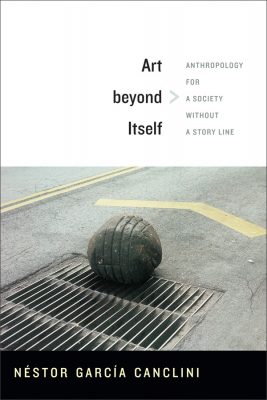 Transgression has long been a watchword for avant-garde artistic practices. Since the days of Marcel Duchamp, artists have found a critical power in simultaneously claiming a hard-won autonomy and, paradoxically, striving to break down its self-imposed borders. But what happens when the meaning of boundaries changes? When the tactics of aesthetic disobedience used to escape the autonomous artwork’s hermetic self-referentiality increasingly produce only “second-rate transgressions that change nothing” (xvii)? When art becomes part of a planetary integration that is experienced asymmetrically and unequally?
Transgression has long been a watchword for avant-garde artistic practices. Since the days of Marcel Duchamp, artists have found a critical power in simultaneously claiming a hard-won autonomy and, paradoxically, striving to break down its self-imposed borders. But what happens when the meaning of boundaries changes? When the tactics of aesthetic disobedience used to escape the autonomous artwork’s hermetic self-referentiality increasingly produce only “second-rate transgressions that change nothing” (xvii)? When art becomes part of a planetary integration that is experienced asymmetrically and unequally?
Art beyond Itself: Anthropology for a Society Without a Story Line (Duke University Press, 2014), written by Néstor García Canclini, one of Latin America’s foremost intellectuals, probes art’s struggles to redefine itself in a globalized world where previously discrete categories of aesthetic and social experience are ever more blurred. Art, García Canclini asserts, has moved from transgressing the borders of its own autonomy to a “postautonomy” that defies our current analytical tools. Artistic practice, once object-based, is increasingly founded on contexts; artworks are being “inserted in the media, urban spaces, digital networks, and forms of social participation where aesthetic differences seem to dissolve” (xviii). This “de-defining” of art throws into question longstanding analytical concepts such as Bourdieu’s “art field” that still depend on some idea of national cultures and distinct spheres of aesthetic production, or (at the other end of the scale) postmodern nomadism with its false illusion of a world without borders.
Our trouble in providing a cogent story line for contemporary art, García Canclini insists, is of a piece with our vacillations about how to confront a post 9/11, post-2008 world where conventional categories no longer “explain” contemporary experience, where economics and politics have become “an unconvincing display,” and where coherent narratives founder on the “barely explicable ruins of what globalization has destroyed” (xii; xxii). Yet it is precisely in contemporary art’s ability to capture this state of incoherence that García Canclini situates its capacity to address our present condition.
What defines contemporary art’s persuasive power, argues García Canclini, is its “imminence”: its ability to “[insinuate] what cannot be said,” to “[say] things without pronouncing them fully,” maintaining them inventively unsettled (66; 26). Art’s imminence introduces between the artwork and the spectator the astonishment of the unanticipated. It is “the place where we catch sight of things that are just at the point of occurring”; it produces a “zone of uncertainty […] suited not so much for direct [political] action as for suggesting the power of what hangs in suspense” (xiii; 171). Art’s ability critically to embody that constitutive indeterminacy is what allows it to confront the bewildering splintering of modernity’s grand story into a multitude of competing or unconnected narratives.
– Robin Greeley
Associate Professor of Modern & Contemporary Latin American Art History
University of Connecticut
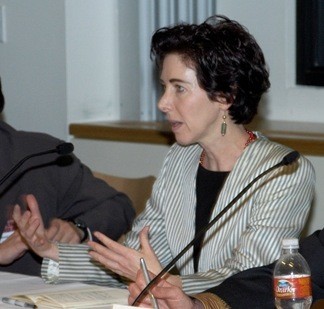 Who is Robin Greeley? Robin Greeley is Associate Professor of Modern & Contemporary Latin American Art History at UConn. Dr. Greeley received her S.M.Arch.S. from the Massachusetts Institute of Technology (1988), and her Ph.D. from the University of California, Berkeley (1996). Dr. Greeley has authored, edited and co-edited a number of books, most recently, La Interculturalidad y sus imaginarios. Conversacionces con Néstor García Canclini (Gedisa, 2018). She is a founding member of the Symbolic Reparations Research Project.
Who is Robin Greeley? Robin Greeley is Associate Professor of Modern & Contemporary Latin American Art History at UConn. Dr. Greeley received her S.M.Arch.S. from the Massachusetts Institute of Technology (1988), and her Ph.D. from the University of California, Berkeley (1996). Dr. Greeley has authored, edited and co-edited a number of books, most recently, La Interculturalidad y sus imaginarios. Conversacionces con Néstor García Canclini (Gedisa, 2018). She is a founding member of the Symbolic Reparations Research Project.
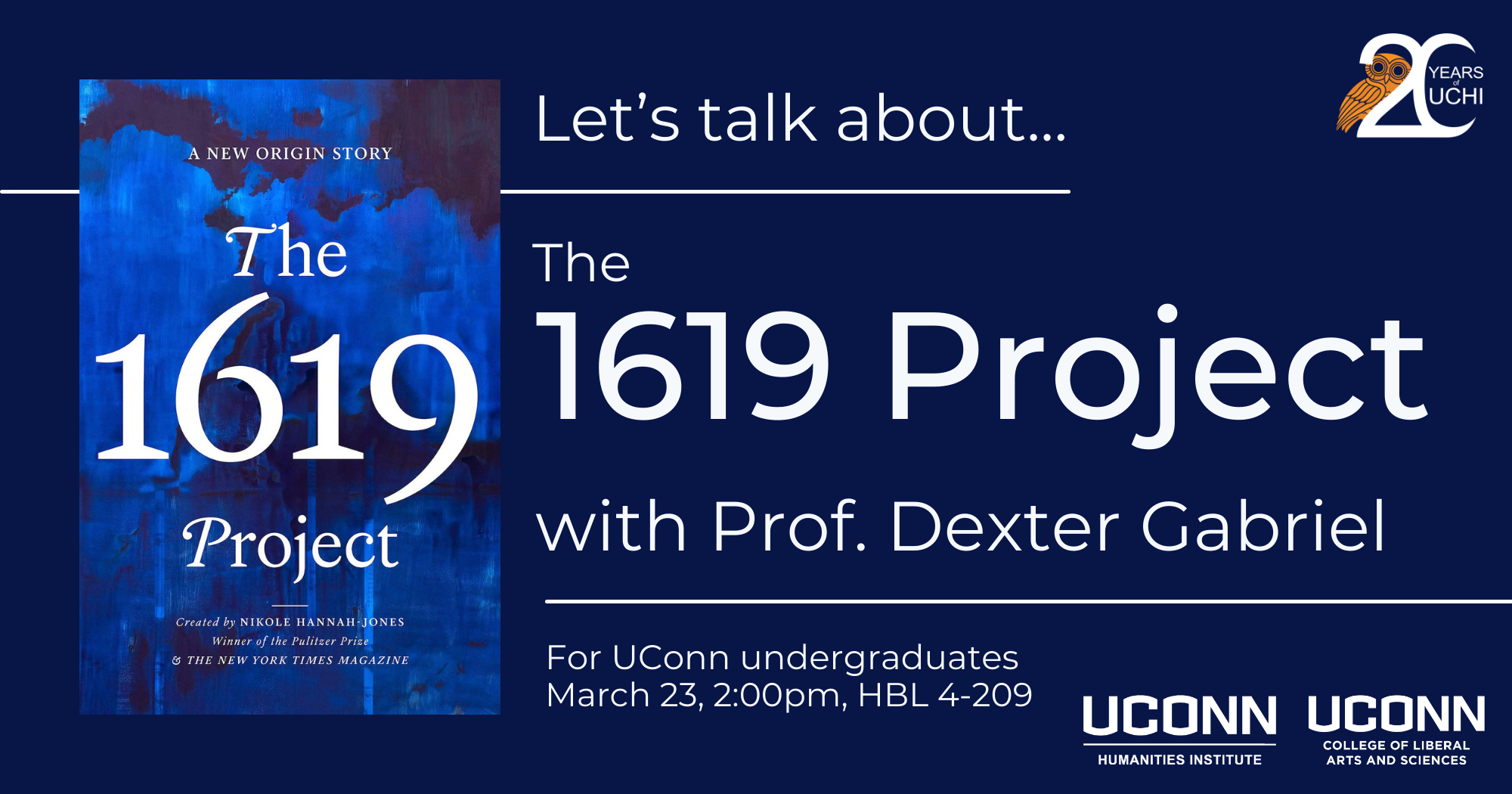
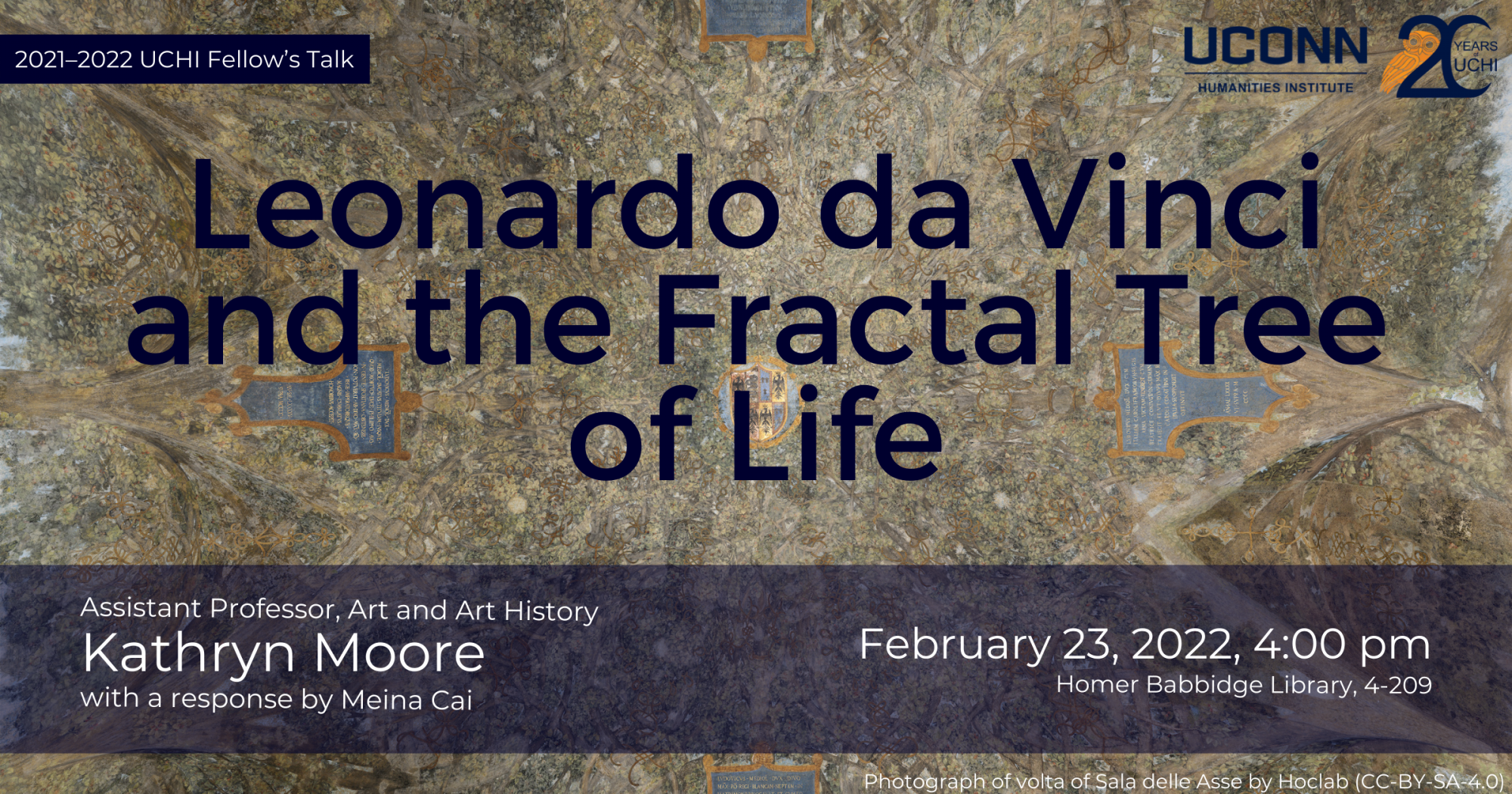
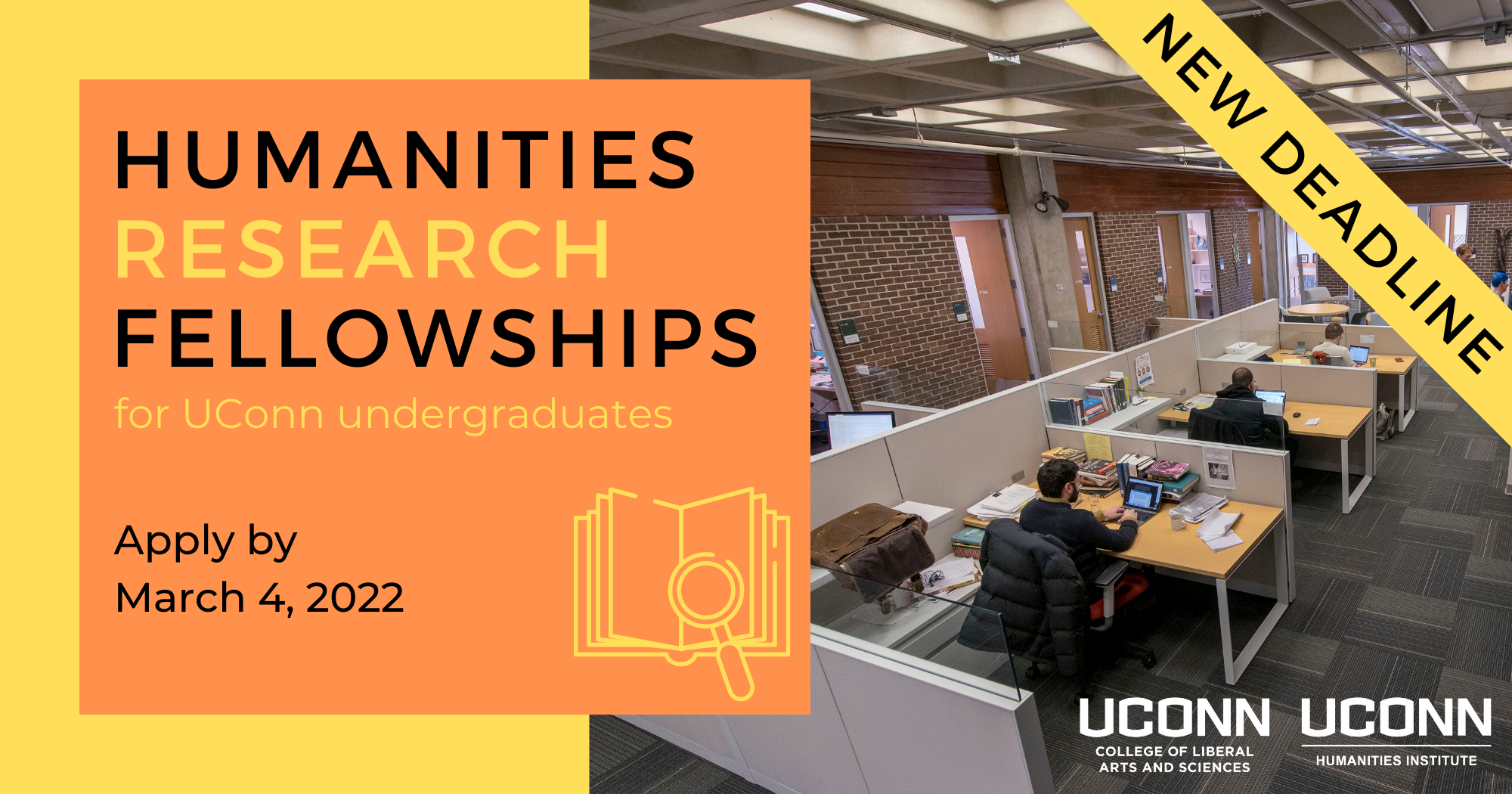
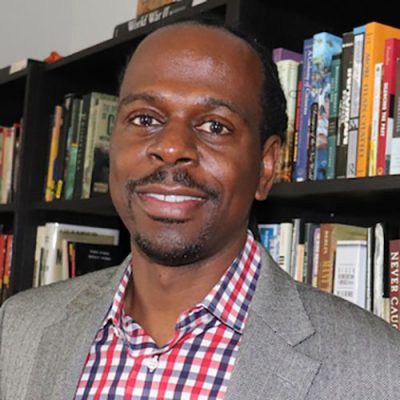 2018–2019 Faculty Fellow Dr. Dexter Gabriel is Assistant Professor of History at UConn. He earned his B.A. in history from Texas State University-San Marcos, an M.A. in history also from Texas State University-San Marcos, and his Ph.D. in history from Stony Brook University-New York. His research interests include the history of bondage, resistance, and freedom in the Black Atlantic, as well as interdisciplinary approaches to slavery within popular culture and media. His current research explores British Emancipation in the Anglo-Caribbean and its impact on abolitionist strategies in nineteenth-century North America. His work has been translated into the social arena through panel discussions, lectures, articles, and interviews as diverse as the Federal Reserve Bank of Virginia to Voice of America, BBC America, and elsewhere
2018–2019 Faculty Fellow Dr. Dexter Gabriel is Assistant Professor of History at UConn. He earned his B.A. in history from Texas State University-San Marcos, an M.A. in history also from Texas State University-San Marcos, and his Ph.D. in history from Stony Brook University-New York. His research interests include the history of bondage, resistance, and freedom in the Black Atlantic, as well as interdisciplinary approaches to slavery within popular culture and media. His current research explores British Emancipation in the Anglo-Caribbean and its impact on abolitionist strategies in nineteenth-century North America. His work has been translated into the social arena through panel discussions, lectures, articles, and interviews as diverse as the Federal Reserve Bank of Virginia to Voice of America, BBC America, and elsewhere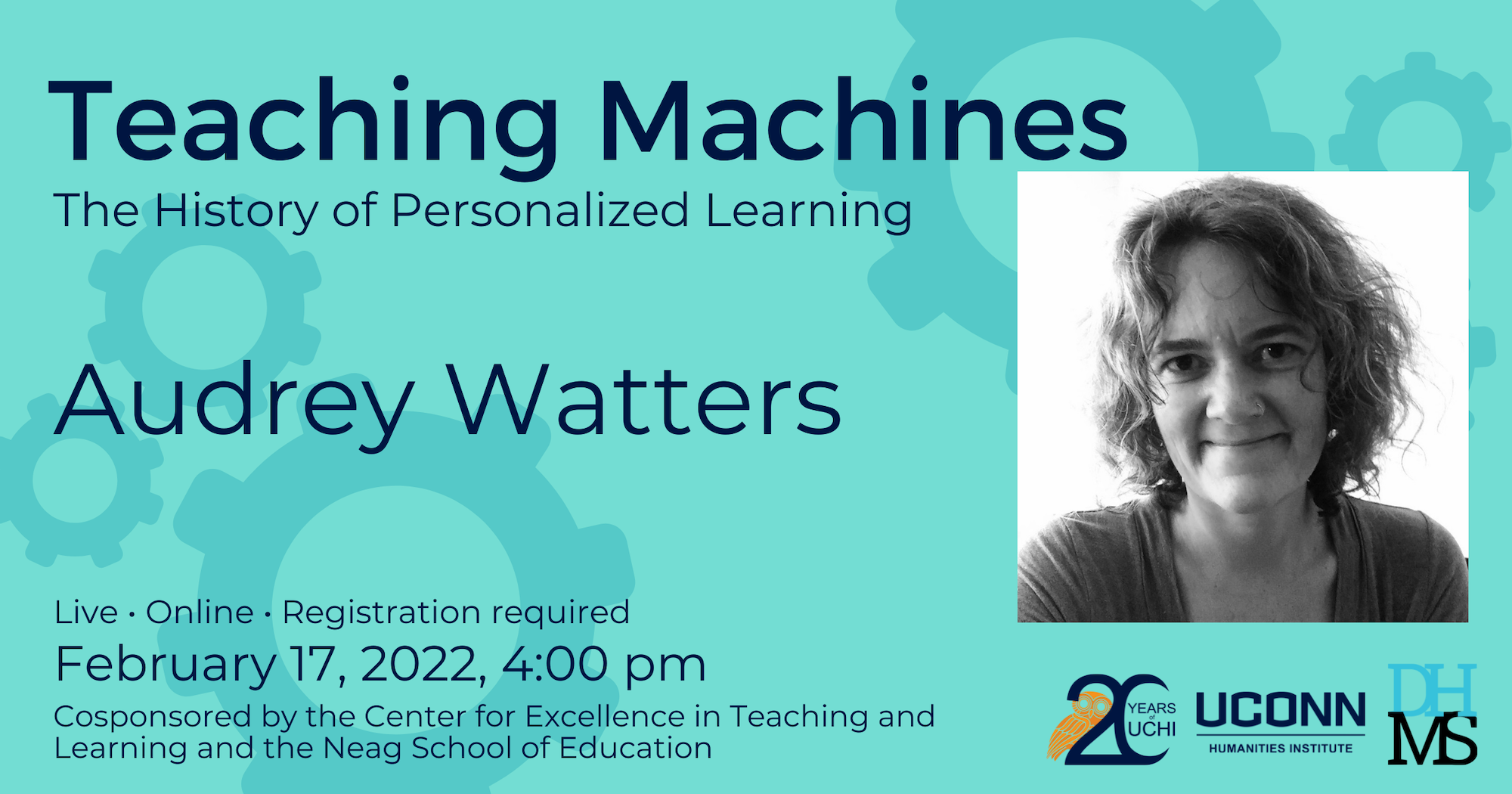
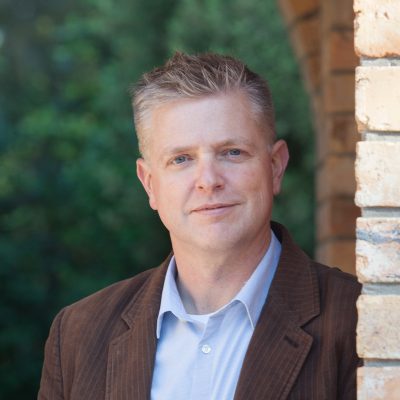 2019–2020 Visiting Fellow Joseph Ulatowski is Senior Lecturer in Philosophy, and Director of the Experimental Philosophy Research Group at the University of Waikato. His research focus is the nature and value of truth, the problem of action individuation, self-narratives, and practical challenges that arise from these theoretical areas. His approach to these matters is pluralistic, employing both traditional philosophical methods and empirical methods.
2019–2020 Visiting Fellow Joseph Ulatowski is Senior Lecturer in Philosophy, and Director of the Experimental Philosophy Research Group at the University of Waikato. His research focus is the nature and value of truth, the problem of action individuation, self-narratives, and practical challenges that arise from these theoretical areas. His approach to these matters is pluralistic, employing both traditional philosophical methods and empirical methods.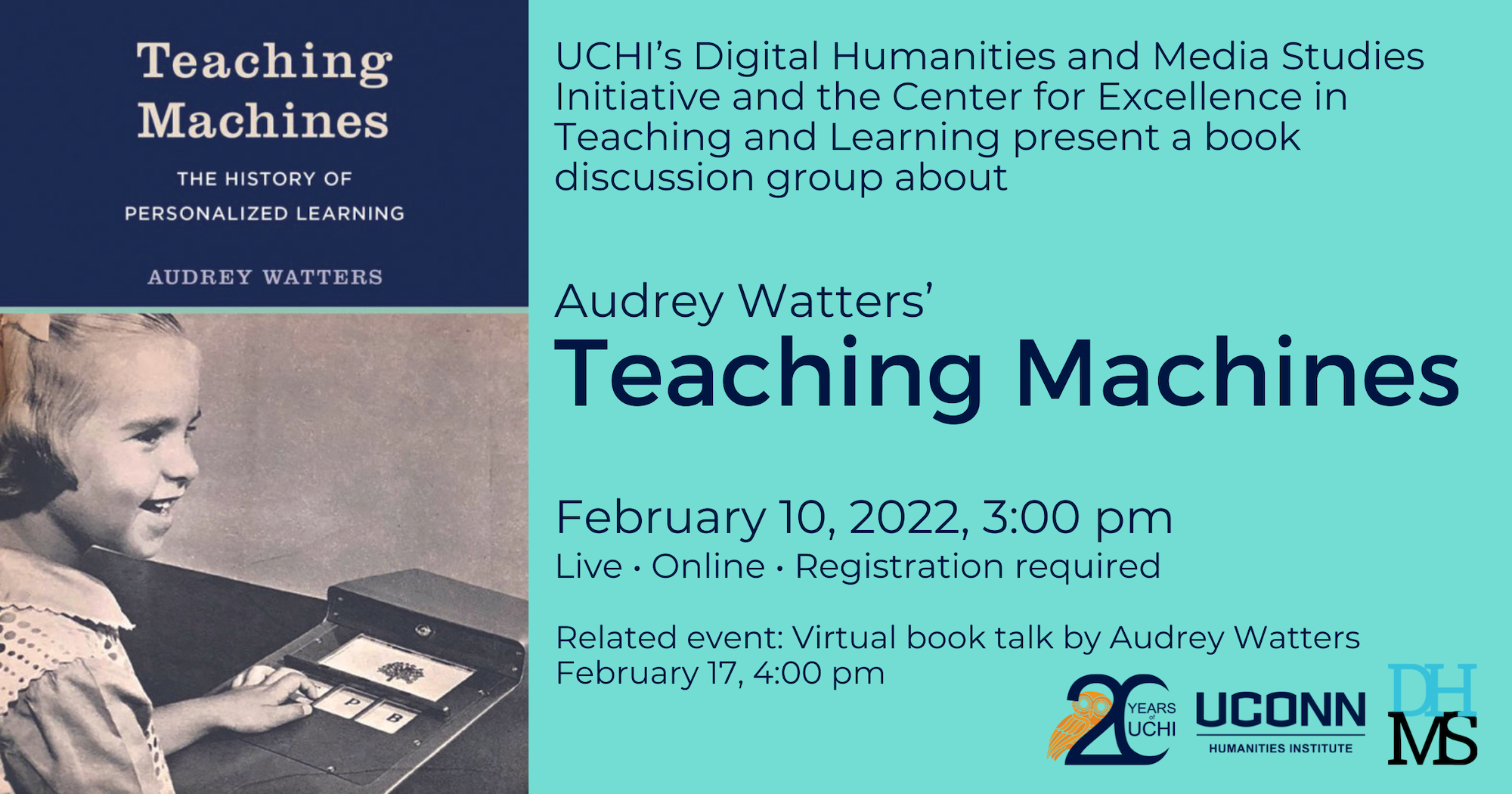

 UConn Professor Jeffrey O.G. Ogbar’s
UConn Professor Jeffrey O.G. Ogbar’s 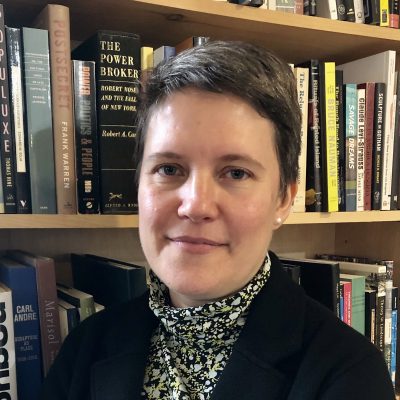 Who is Amanda Douberley? Amanda Douberley is Assistant Curator/Academic Liaison at the William Benton Museum of Art, where she is responsible for connecting the Benton’s collections and exhibitions with teaching in departments across the university. She has curated numerous exhibitions at the museum, often in collaboration with faculty and other campus partners. Amanda holds a Ph.D. from the University of Texas at Austin with a focus on 20th-century American sculpture and public art. Before coming to UConn in 2018, she taught in the Department of Art History, Theory, and Criticism at the School of the Art Institute of Chicago.
Who is Amanda Douberley? Amanda Douberley is Assistant Curator/Academic Liaison at the William Benton Museum of Art, where she is responsible for connecting the Benton’s collections and exhibitions with teaching in departments across the university. She has curated numerous exhibitions at the museum, often in collaboration with faculty and other campus partners. Amanda holds a Ph.D. from the University of Texas at Austin with a focus on 20th-century American sculpture and public art. Before coming to UConn in 2018, she taught in the Department of Art History, Theory, and Criticism at the School of the Art Institute of Chicago.
